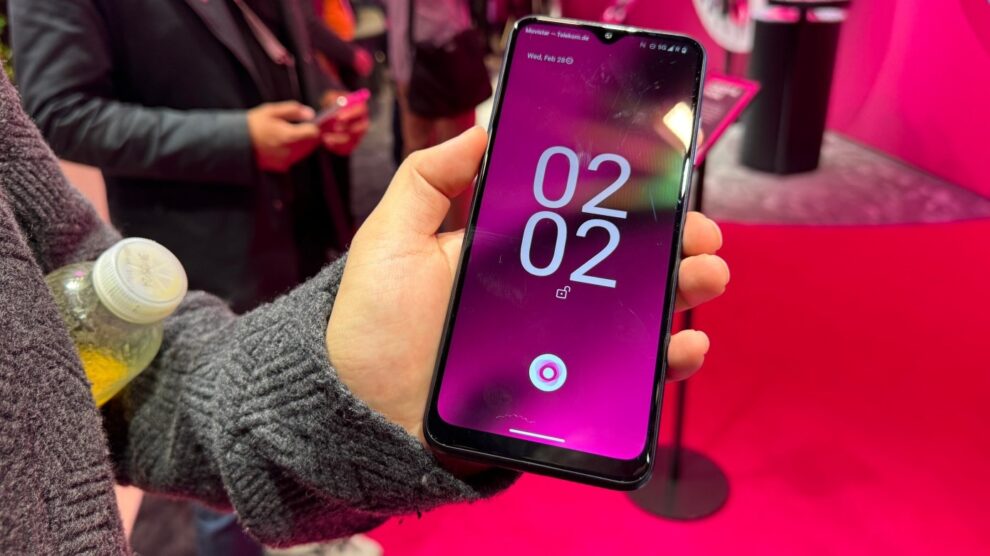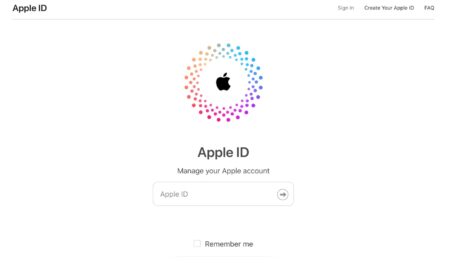In the fast evolving world of mobile technology, a revolutionary device operating system dubbed Brain.ai aims disrupting entrenched player conventions. Instead of apps characterizing user experiences, Brain.ai promises fully conversational interfaces powered completely through generative artificial intelligence.
Let’s demystify Brain.ai’s unconventional approach, practical examples of capabilities in action, downsides developers must reconcile and whether genuinely viable alternatives to incumbent mobile software titans can thrive long term.
Demystifying Generative AI Underpinnings
First, understanding generative AI proves foundational decoding Brain.ai’s differentiated value proposition:
- Advanced neural networks synthesize brand new data like text, code, video or imagery responding to descriptive prompts rather than just categorizing information.
- Models dynamically train on massive datasets, continuously enhancing context comprehension skills matching or exceeding human creatives.
In manifesting Brain.ai, foundational generative algorithms aim nothing short of replacing entire operating systems!

Text to Action: How Brain.ai Sessions Flow
So how might typical device interactions flow leveraging this AI-exclusive approach?
- Users initiate requests via voice dictation or typing such as “Book me a dinner reservation at 7pm tomorrow.”
- Brain.ai analyzes the context, intent and entities to identify opportunity executing the desired online booking workflow.
- Conversation continues asynchronously handling payment details, cuisine preferences and guest counts as needed.
The entire exchange unfolds frictionless without explicitly launching or toggling apps.
The Double-Edged Sword of Deep AI Reliance
However, fully embracing AI-dependent workflows poses equally promising and precarious implications:
- Life Simplification: Conversing naturally replaces fragmented app jumping through intelligent experience orchestration.
- Constant Connectivity Mandate: Frequent model retraining and inferencing requires persistent cloud tethering.
- Data Security Uncertainties: Deep personalization relies on exposing sensitive usage behaviors and user generated content.
Depending on preferences, for some these represents acceptable tradeoffs benefiting from AI advancement potentials.
Initiatives Paving the Road Ahead
When assessing Brain.ai’s long-term viability, responsible developer priorities also demand scrutiny alongside technological capabilities.
Factors like data privacy, algorithmic transparency and ethical accountability separate promising players from those destined wondering as footnotes.
If Brain.ai upholds indispensible user trusts while accelerating innovation, perhaps exciting new mobile software paradigms emerge bettering lives disproportionately.










Add Comment